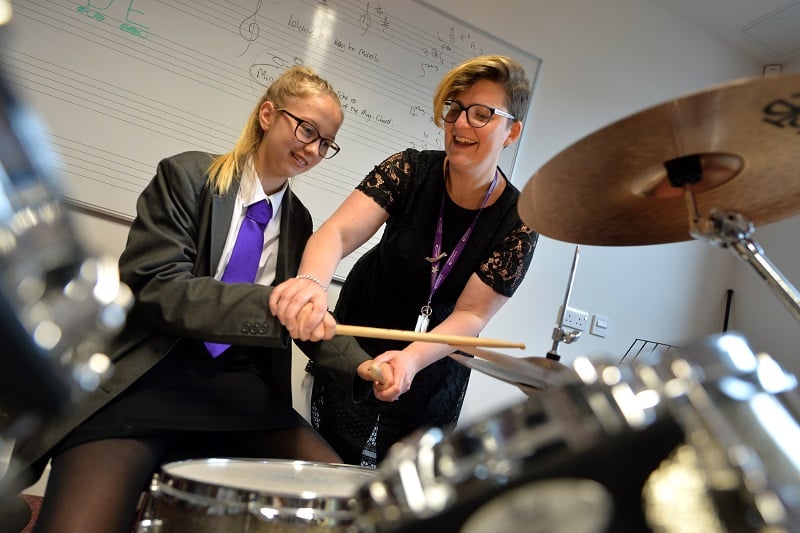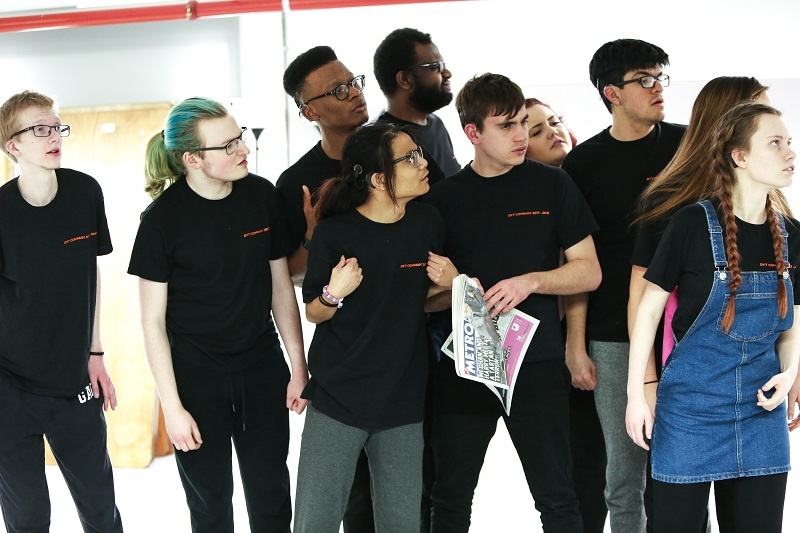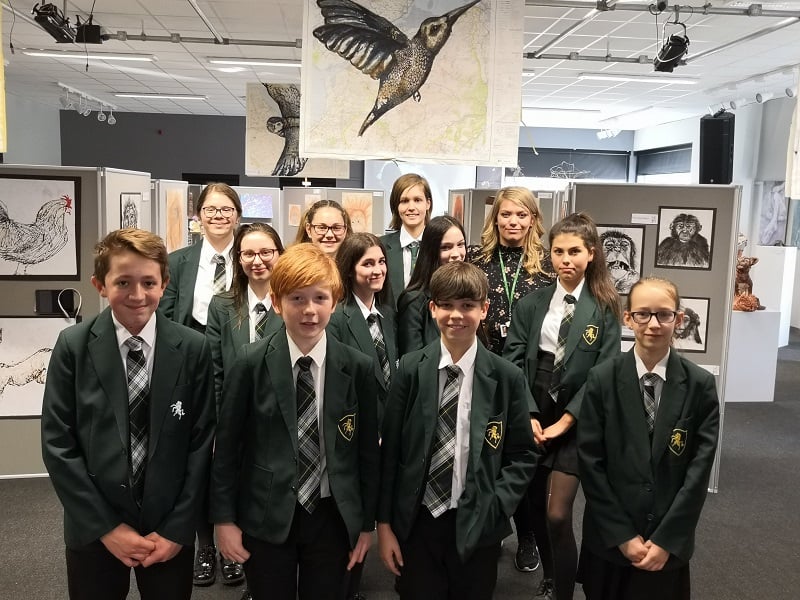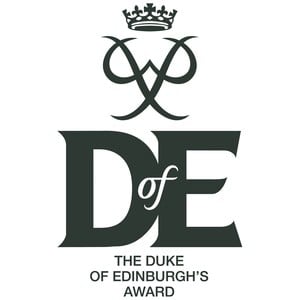
5 ways Arts Award supports career education

BY: Julie Neville
04 Oct 2021
Arts Award Trainer, Moderator, adviser and Subject Expert Julie Neville explores Arts Award’s link to careers education, and how it can help to showcase pathways into the arts for all young people.
When I’m training new advisers, one of the first things I tell them about is the huge range of skills and experience that young people gain through taking part in the award.
As well as being a series of nationally recognised qualifications, Arts Award supports young people to develop valuable skills in communication, creativity, team work and planning. Achieving Arts Award can help develop their confidence and self-esteem and it’s often the motivation they need to take their chosen art form from a hobby to a genuine career choice.
To launch our new resource all about Arts Award and Career Education, we’re taking a look at 5 great ways that the award can positively impact a young person’s career pathway.
1 Developing skills for life
Whether you prefer to think of them as 21st century skills or employability skills, Arts Award supports young people to develop an important range of personal capabilities to progress in their chosen studies and career: aptitude, attitude and behavior. The UK Commission for Employment and Skills describes these as ‘the skills almost everyone needs to do almost any job’. They include communication, enterprise, leadership, numeracy, planning, problem solving, project management, and reflection.
In our dedicated mapping resource which links the Silver and Gold levels of Arts Award to a range of employability skills, we include vital personal attributes which help young people to succeed at work such as honesty, confidence, reliability, teamwork and flexibility. The resource also uses character skills recognised by the Department for Education including application, self-direction, self-regulation, social skills and empathy.
Not forgetting the earlier levels of Arts Award; Discover, Explore and Bronze offer opportunities for children and young people to begin their careers education. These awards link closely to the Skills Builder Framework and its eight essential skills for success. You can find out more in the Arts Award and Career Education resource.
2 Learning from professionals
At all five levels of Arts Award, young people are encouraged to have meaningful encounters with artists and other creative professionals. This aspect of the award introduces young people to a range of jobs available in the arts which they might not have been aware of previously. This can all take place remotely or face to face and provides an excellent opportunity for Arts Award centres to make connections with local artists.
At Silver level, young people explore how to progress in their chosen arts career by meeting those working in the arts sector as well as finding out about training and further study. By making direct links to employers and careers, Arts Award supports schools and colleges to meet the Gatsby Benchmarks which aim to raise standards around career guidance. Read more about how Arts Award meets the benchmarks.
3 Real world experience of the workplace
Arts Award gives young people the opportunity to research and find valuable work experience to boost their skills and experience. This helps them to understand what professional creative people do and how income is generated in the arts sector.
Arts Award is also an approved activity provider for the Duke of Edinburgh’s Award. In addition to all levels of Arts Award being a recognised activity as part of the skills section of DofE, voluntary work in the arts sector can also be counted towards the DofE volunteering section, enabling young people to work towards two awards at the same time.
4 Learning to take the lead
From the early levels of Arts Award that support children and young people to share their enjoyment and experiences of the arts with others, participants in all of our qualifications emerge as young arts leaders. Whether they are creating a simple plan to pass on an arts skill to their peers, becoming part of a team that runs its own arts event, or managing all aspects of a longer arts project, leadership in the arts is at the heart of Arts Award.
During Silver and Gold leadership projects, young people will gain experience of managing the practical aspects of a project including health and safety, recruitment and evaluation. They will learn the benefits of creating a detailed project plan and the importance of reviewing this later on, and at all stages, they will learn the value of asking for feedback about how their leadership skills are developing.
5 Preparing to apply for work
Finally, Arts Award enables young people to get prepared for some of the essential steps to enter the world of work including building a portfolio, gaining digital skills and being interview-ready.
As evidence-based awards, Arts Award encourages young people of all ages to take responsibility for capturing their own work, and we’re often told that when applying for further education it’s often the Arts Award portfolio that sparks the most conversation with future course leaders.
Most of us will recall that dreaded interview question asking us to ’tell me about a time when you have…’. Whether its leading other people, managing a project or overcoming challenges, Arts Award provides young people with a range of experiences they will be able to draw on when faced with questions like this. Check out our mapping resource for more examples for how to use Arts Award to get prepped for interviews and update a CV.
As well as providing young people with a chance to create a digital portfolio, Arts Award can also be delivered through digital art forms and skills. For example, using creative code, game design or vlogging as a focus. Research by the Learning and Work Institute suggests that 60% of businesses believe their reliance on advanced digital skills is set to increase over the next five years whilst 88% of young people realise digital skills would be essential for their careers.
If you have used Arts Award to support your careers education programme, or help young people to find progression pathways in the arts, let us know! Tweet or share with us on Facebook @artsaward
Related posts
BY: Julie Neville
BY: Annabel Thomas




Comments & Replies